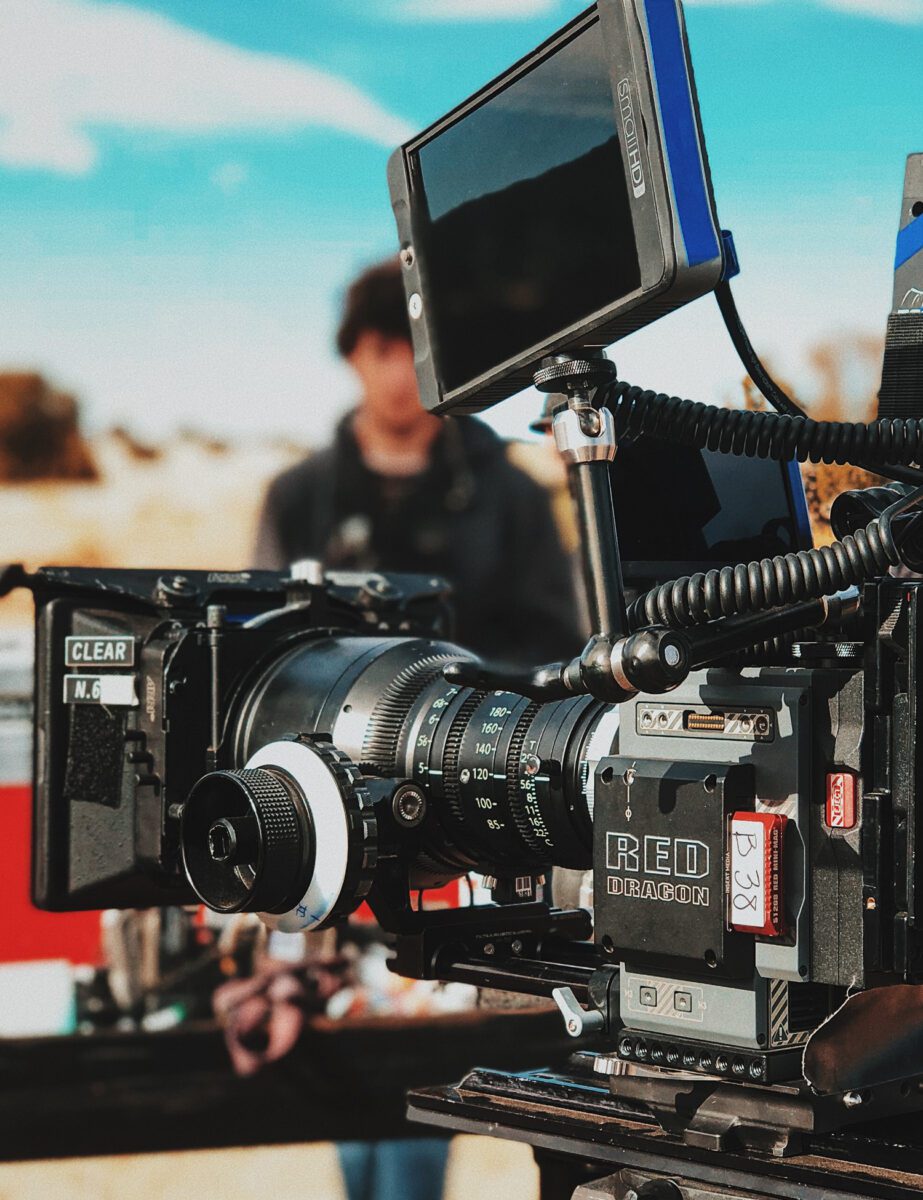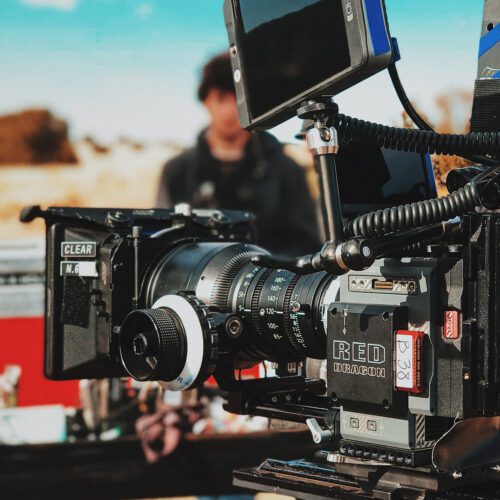There are so many cool things about being a Digital Imaging Technician. You get to go to amazing locations and get access to places or buildings you would never normally get to see. We meet so many different and interesting people. You are also one of the first people to see the film! It’s part of your job to watch it.
The job of a Digital Imaging Technician is relatively new within the film industry. I look after footage by managing it, duplicating it, and making sure that everyone’s hard work is looked after. This career came into existence when digital cameras became more popular, because everything used to be shot on film. As soon as digital cameras became more popular, they realised they needed someone who understood digital cameras, computers, and hard drives, who could be an intermediary between the camera team and the post-house edit.


